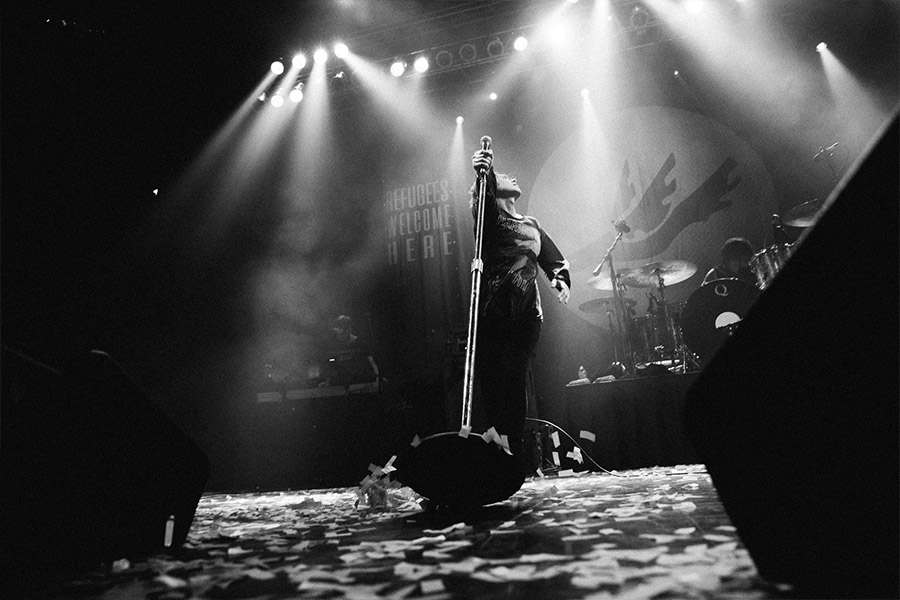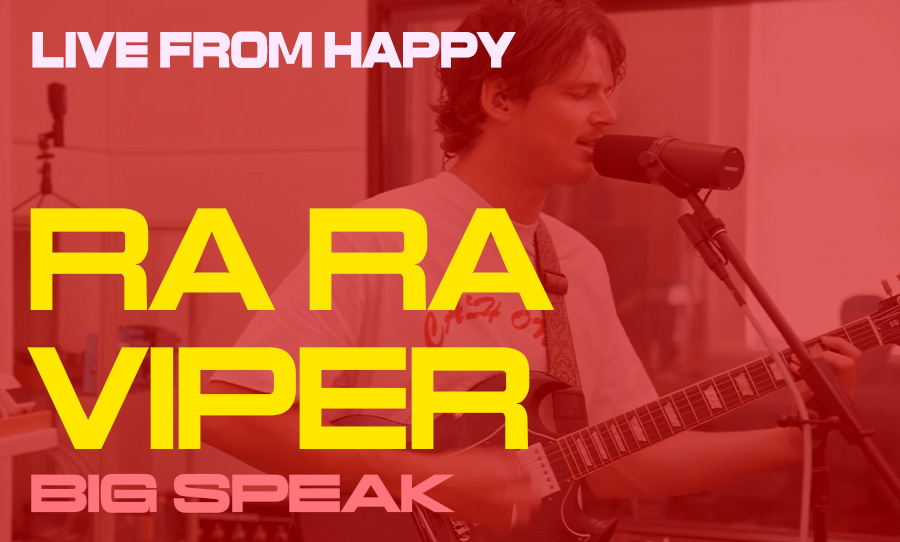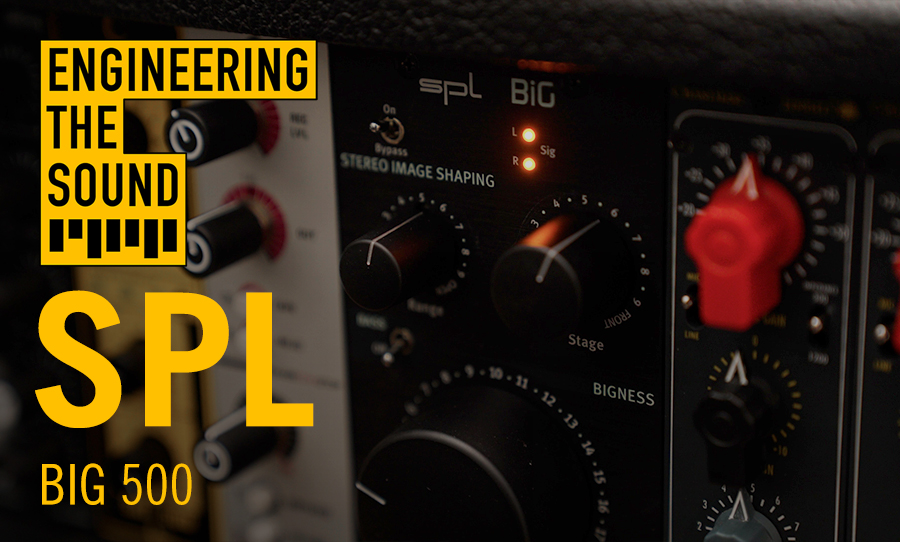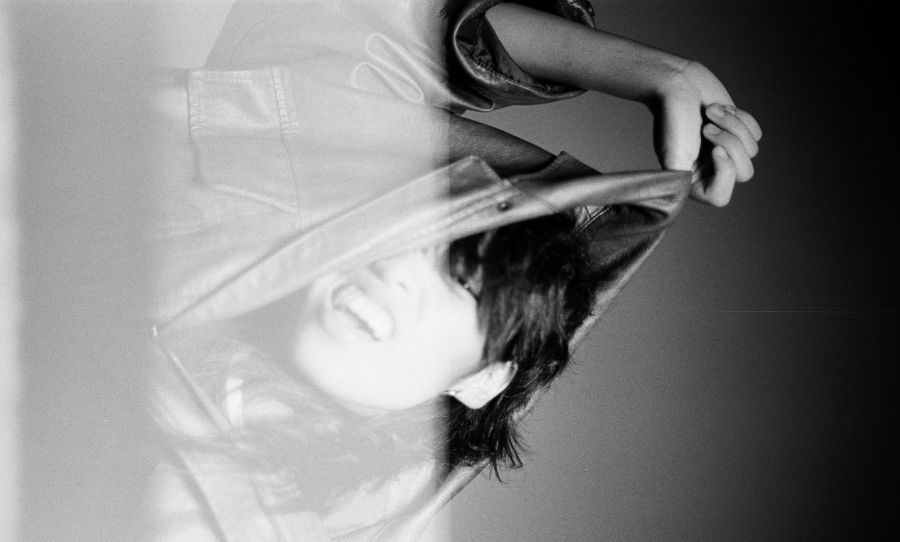Full Collapse by Thursday is an album that has an unquantifiable energy about it; under the right circumstances it can change people.
Moments of clarity are so important. The last six months, probably longer in fact, have been a difficult time for me. I’ve struggled with feelings of aimlessness, lack of purpose, isolation and failure. I felt as if the world had ruled me as inconsequential. The truth is that the world doesn’t concern itself with such problems. As soon as you start thinking it does, you are in need of looking inwards.
I woke up this morning telling myself I should start writing an album retrospective (this one here!) that I had agreed to write a few weeks ago. It felt like more like duty than anything else. However, as I dusted off the tattered CD jacket of Thursday’s Full Collapse, that I had bought as a teenager, I was struck by the moment. It hit me like a freight train and the weight that had plagued me began to drain from my shoulders. I looked backwards and allowed a certain kind of nostalgia to shiver up my spine.
I wondered if I could speak to my younger self, the one that would have argued tooth and nail with virtually anyone over the unmitigated importance and excellence of Thursday, what would he make of me? Would he judge me harshly?
I think he’d slap me in the face and tell me to smell the roses. Not everything works out and that’s ok. But right now, I am sitting here to write about something that means a great deal to me; and make no mistake, Full Collapse has meant a great deal to a many people over the years.
Full Collapse convinced me that expression was more important than musical notes. It taught me that difficult things should be spoken about, no matter how uncomfortable they may be.
The record was released in 2001 and is the second studio album by New Jersey band Thursday. Over the course of their career they have been described as post-punk, post-hardcore, emo, screamo and even shoegaze. I would argue that all of these labels are insufficient because, while at times superficially descriptive of the band’s sound, they fail to encompass anything approaching the band’s identity.
Musically speaking, Thursday were a band that combined the heavy and frenetic playing of hardcore with a keen sense of melody to create a push/pull dynamic full of tension. Few bands have been able to tailor their sonic approach to their intent so successfully.
There is an intense seriousness inherent in all of their work that ignores one of the most important conventions of rock music: they aren’t all that fun. However, entertainment wasn’t their primary goal, at least not in the way that most understand the term.
A helpful digression in terms of understanding Full Collapse’s purpose and value may be Darren Aronofky’s Requeim For A Dream (an uncompromising film about the pitfalls of drug addiction). Few people would describe watching RFAD as an enjoyable experience. However, it was acclaimed upon release for its ability to captivate its audience and elicit a strong emotional response.
It forced its audience to empathise with a situation that most would rather not think about. It was an unpleasant work of art; but also an undeniably successful one. I would argue that this is equally as true of Full Collapse.
At the time of release this led to some confusion and petulance, particularly from the music literati. Pitchfork Media published an embarrassingly self-conscious review that refused to evaluate the album for what it is, dismissing the band with the arrogant suggestion that they “lighten up”.
A particularly galling remark considering the album’s themes of genocide and cultural appropriation, the lasting effects of domestic abuse, death and grief, and the brutal, targeted marginalisation of minorities in New York City.
Indeed, Full Collapse’s dark subject matter, coupled with the group’s sincere approach, contributed to the band being somewhat marginalised themselves. Rarely during their career did they receive the level of recognition, understanding and attention that their work warranted.
However, the radical empathy that exudes from their work fostered a particularly devoted and passionate following. Their live performances, spearheaded by the inimitable Geoff Rickly, were truly a thing to behold; celebrations of inclusion, respect and the cathartic power of art.
It is an interesting and beautiful conundrum that art which illuminates negative aspects of the human condition can actually help dispel those same experiences. Songs about alienation or depression can sap their subject matter of its power because they highlight shared experiences. They encourage empathy, compassion and understanding; not the wallowing they are so often dismissed as the by-product of.
I could sit here and rattle off a paragraph for each song on this album because in truth they are deserving of it. They are complicated songs. Full of intricate musicianship, expressive performances and an unerring desire to connect.
The lyrics are also deceptively complex. Paris In Flames may at first glance appear to be a song about adolescent angst and rage. However, upon closer inspection, it reveals itself to be a specific and evocative condemnation of the discrimination and displacement that the LBGT community in New York experienced during the 1980s.
Full Collapse is full of stories, clever writing, and it possesses a true songwriters heart. I mean hell, the first track of the album references a Neil Young lyric in such a haunting and unexpected way.
This is an album that demands patience and empathy to be fully appreciated. It’s probably true that it is easier, and much less confronting, to laugh it off than allow it in. But to do so would be to deprive yourself of a unique and powerful experience.
Full Collapse isn’t an everyday album. It’s simply too effective.



